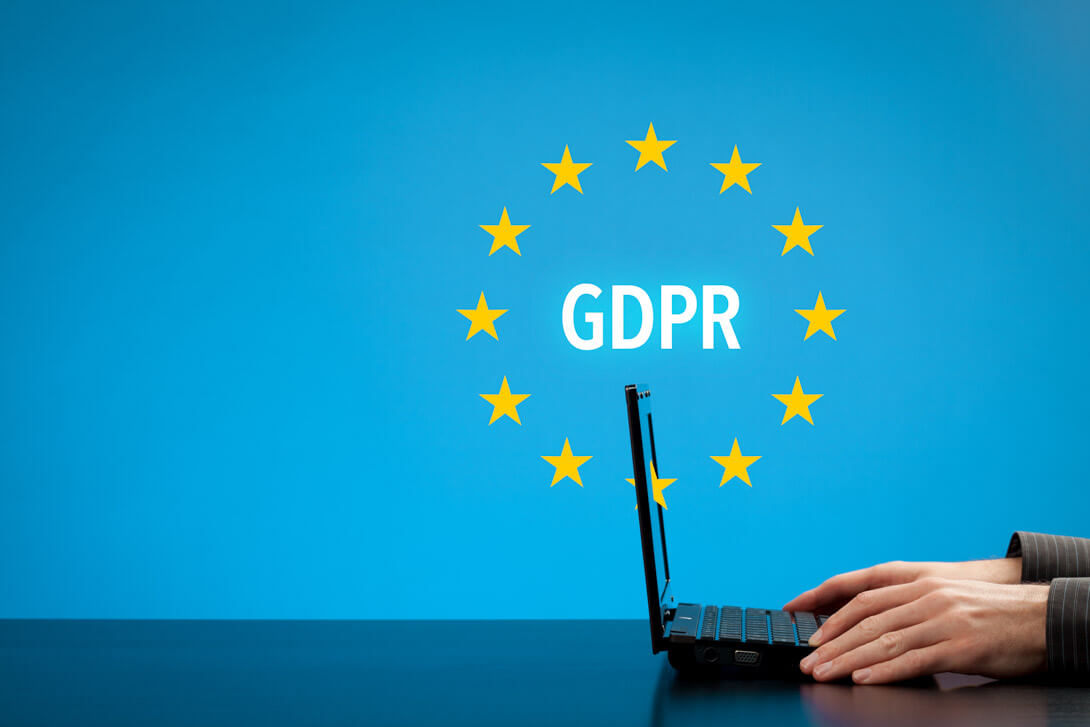Who is a Data Protection Officer (DPO)?
The role of the Data Protection Officer (DPO) is to make sure that the organization is data protection compliant. Enterprises need to adopt a DPO under the European Union’s General Data Protection Regulation (GDPR) and is mandatory under these situations:
- The enterprise is a public body or authority
- If the data processing operation is to be carried out on a large scale with continuous and systematic data monitoring
- When there is large-scale data processing in specific categories like sensitive data about health, religion, race, finance, etc. or personal data regarding criminal offenses and convictions
Even small and medium-sized enterprises are not exempt from appointing a DPO. The regulation for each EU country will specify the circumstances under which a DPO has to be selected. Even if the enterprises appoint a DPO of their own accord, they still have to take care of the DPO necessities in the GDPR.
Duties of A Data Protection Officer Concerning GDPR Compliance
- The employees of the enterprise will be informed and updated about the data protection obligations in the GDPR
- To inspect the internal data protection policies and procedures concerning the GDPR compliance
- Adequate training and awareness in the staff about the operation processes and related audits and monitoring the assigning of responsibilities are the tasks required by the DPO
- Give an opinion on the data protection impact assessments (DPIAs) and advise the enterprise on how it is to be implemented.
- Report to the data protection authorities for all the protection issues and data breaches
- The DPO may be internally employed or maybe under a service contract, but he has to be given all the necessary resources to perform his duties.
Data Protection Officer Certifications And Qualifications
- Expertise in building, implementing, and managing data protection processes
- In-depth knowledge of European Union data protection laws and GDPR
- Must be familiar with the enterprise technical and organizational infrastructure
- Has to have sound knowledge of IT and security related to it
- Has to have knowledge of the administrative rules and processes if appointed to a public authority or body
Working of Data Protection Officer In An Enterprise
The GDPR states that there should be no interference from the enterprise or its employees when DPO carries out his task. So, any organization cannot dictate what result should be achieved or how a complaint should be investigated. The enterprises need not teach the DPO about the interpretation of data protection law. The enterprises have to ensure that there is no conflict of interest when the DPO is doing his duties. There might be cases when the senior positions in an enterprise conflict with the responsibilities of the DPO. But, the DPO cannot be fined or dismissed if he performs their tasks. The DPO has to report directly to the higher managers in the enterprise. Accountability of the DPO (Data Protection Officer)
Any non-compliance of GDPR by the enterprise will not make the DPO individually liable. The task of the DPO is to monitor the GDPR compliance of the enterprise. If organizations are not interested in heeding the advice of the DPO, then they are free to do so, but they must submit in writing the reasons for not following the advice.
GDPR Non-Compliance Fines
The incidence of non-compliance with EU GDPR might lead to fines for an enterprise even up to €10 million, or maybe 2 percent of the global turnover, whichever of these may be higher.
Critical Factors For GDPR Compliance
So, Data Protection Officer has a vital role to play in GDPR EU. The enterprises should assess if they require the services of a DPO to achieve GDPR EU compliance. The GDPR gives enterprises full freedom to choose either an internal or external DPO. Whatever the decision, enterprises need to have adequate security solutions in place to achieve GDPR compliance, and this is also possible through efficient CASB solutions.

